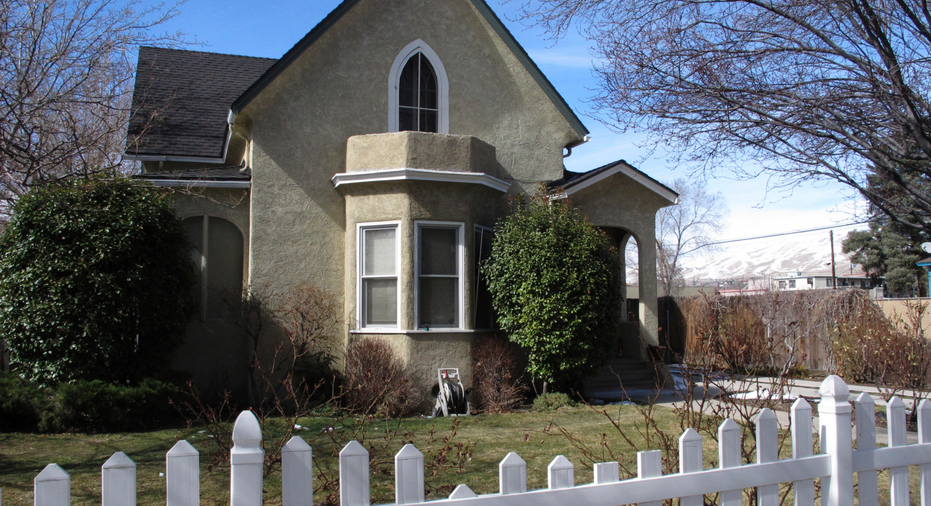Historic Nevada divorce house may be moved for redevelopment

RENO, Nev. – Two historic houses that lie in the path of its revitalization project in downtown Reno, including one that played a key role in the city's emergence in the 1930s as the "Divorce Capital of the World," will be relocated, not razed, if a developer has its way.
Officials for Jacobs Entertainment Inc. say they want to preserve the two homes on the National Register of Historic Places so they're seeking permits to move them instead of resorting to the wrecking ball.
The Nystrom Guest House served as a divorce boarding house during a time when divorce-seekers flocked to Nevada from around the U.S. because of its lax residency requirements. More than 32,000 divorces were granted in Washoe County from 1929 to 1939, a time when the county seat, Reno, had a population of about 18,000. By the late 1930s, the county was averaging 5,000 divorces a year.
Jacobs Entertainment CEO Jeff Jacobs said in a statement this week they intend to file for city demolition permits because property relocation falls in the demolition category. But he said it's part of their relocation plan tied to the blueprint for a $500 million arts, residential and entertainment corridor on West 4th Street to be known as the Fountain District.
"We recognize how important it is to the community to preserve Reno's rich history and culture," Jacobs said. "We fully intend to keep the integrity of these buildings as we move forward with our relocation efforts."
The other building the developer is seeking to relocate — the Borland-Clifford House, built in 1885 — is one of Reno's oldest homes and one of the only homes remaining in the area from the 19th century.
The company hopes to begin moving it to private property before the end of March, with the Nystrom Guest House's relocation slated for this summer.
A spokeswoman for the company said it is in talks with possible buyers and movers who have requested confidentiality during the contract period.
Some critics would rather see the houses stay where they are.
"Relocation isn't really a desirable preservation strategy. It's a way of dealing with something that's in the way," local real estate agent Barrie Lynn told KTVN-TV.
"What makes this particular property so significant is its proximity to downtown," she said.
Built in Reno in 1875, the Nystrom Guest House started operating as a boarding house catering to divorce-seekers by the 1920s. It became one of the most famous homes away from home for those trying to establish the minimum six-week residency to obtain a divorce in Nevada.
The original Gothic, wood-siding house now covered in stucco was built as the home of Washoe County Clerk J.S. Shoemaker. It changed hands several times in the 1920s and 1930s before it was bought during World War II by Victor and Estelle Nystrom, who moved from San Francisco specifically to take part in the divorce trade.
Already sensing a boost in visitors to the area specifically to seek "quickie divorces," state lawmakers cut Nevada's residency requirement from six months to three months in 1927. And in 1931, Gov. Fred Balzar signed legislation that cut the period from three months to six weeks.



















